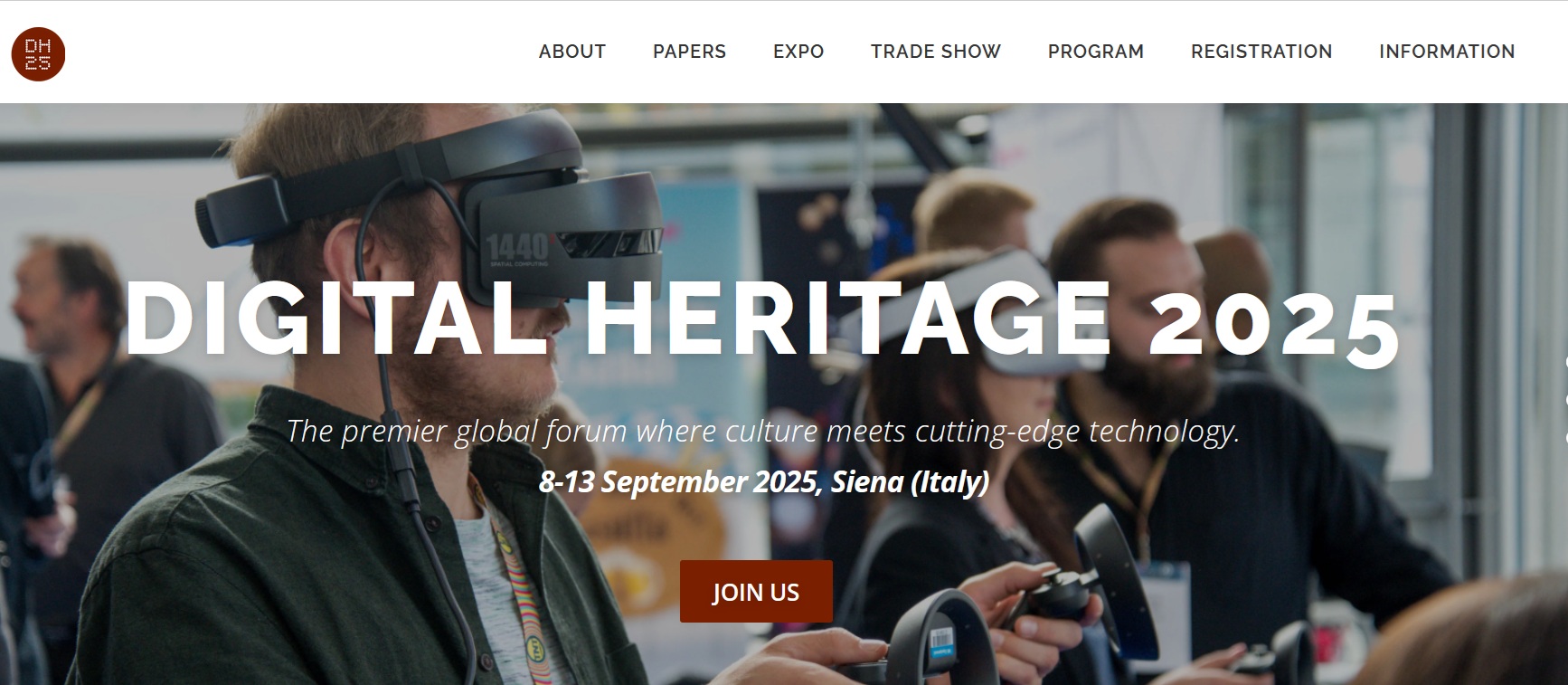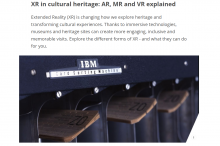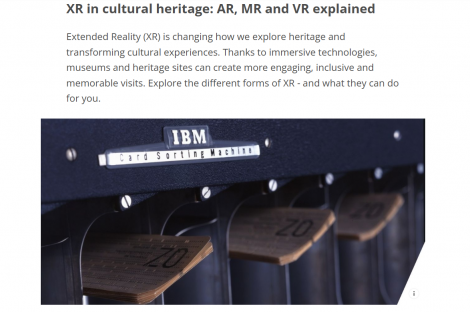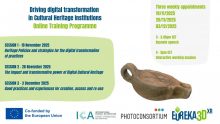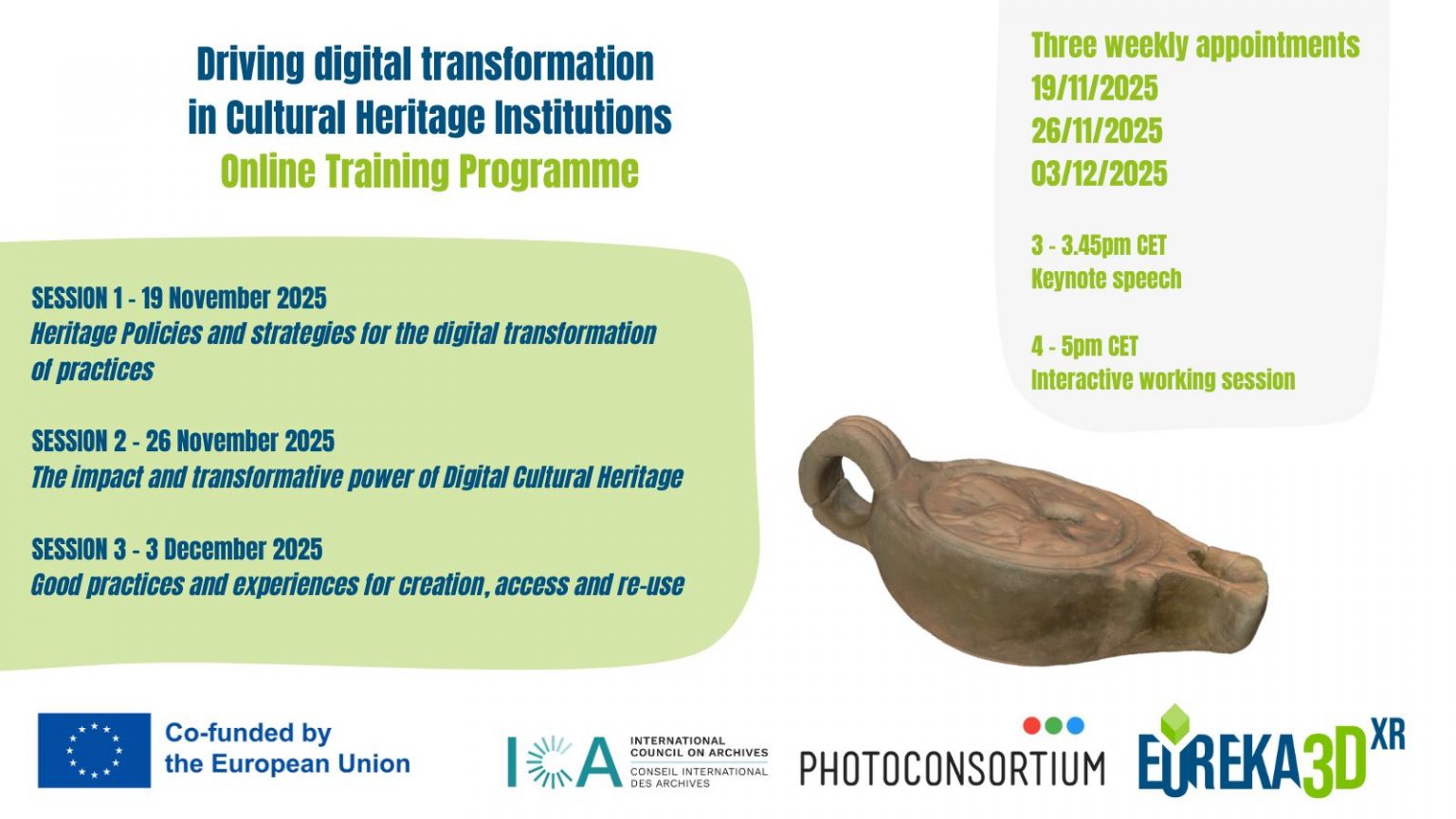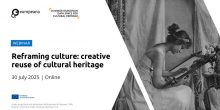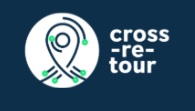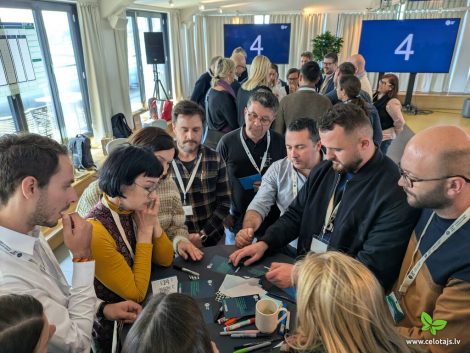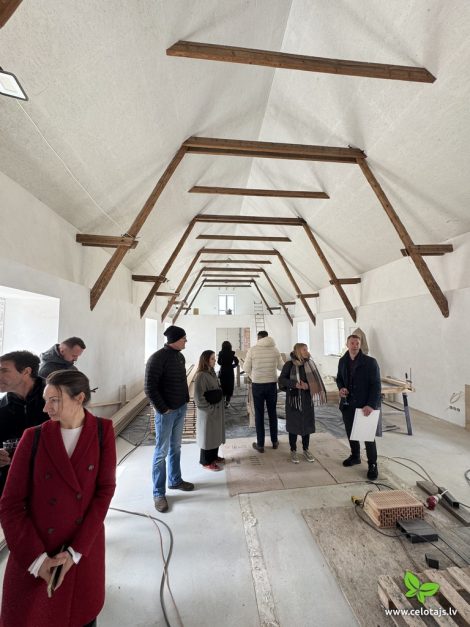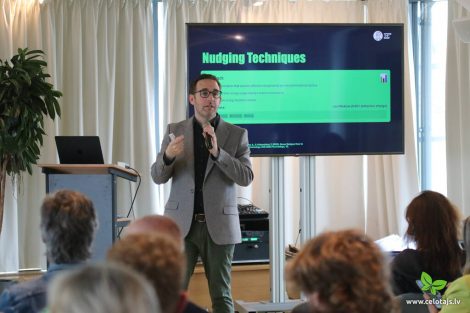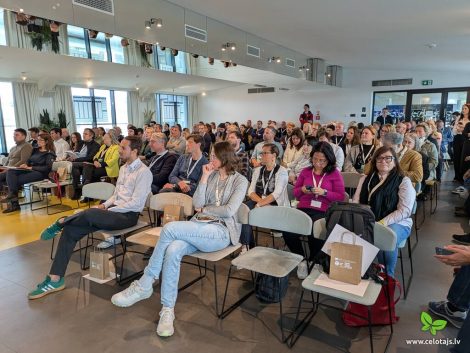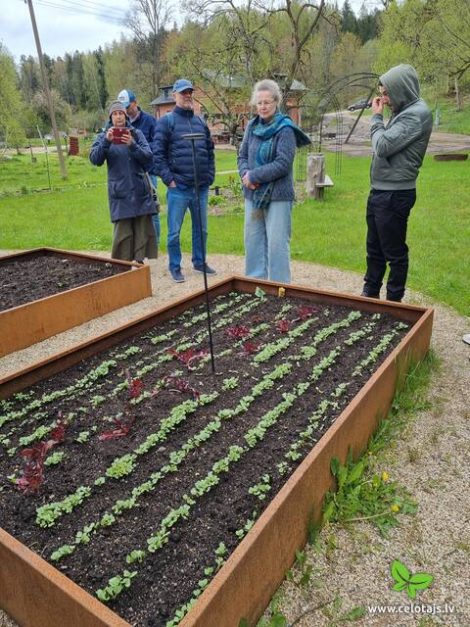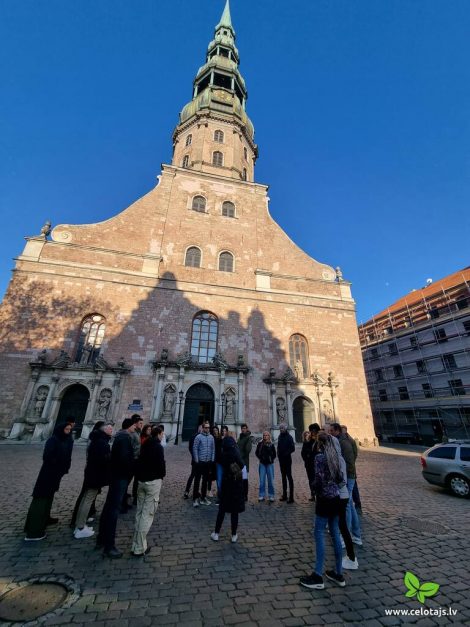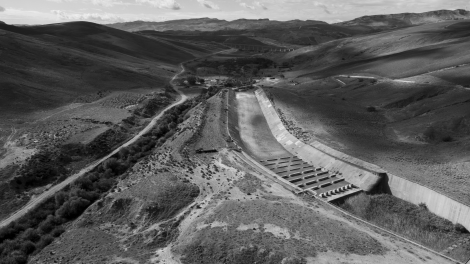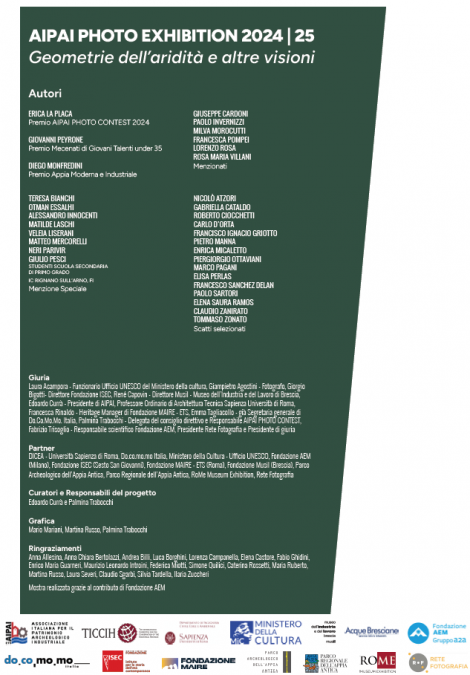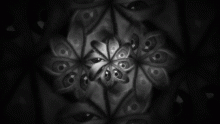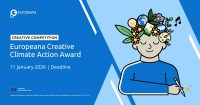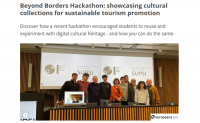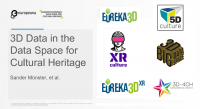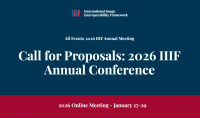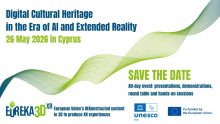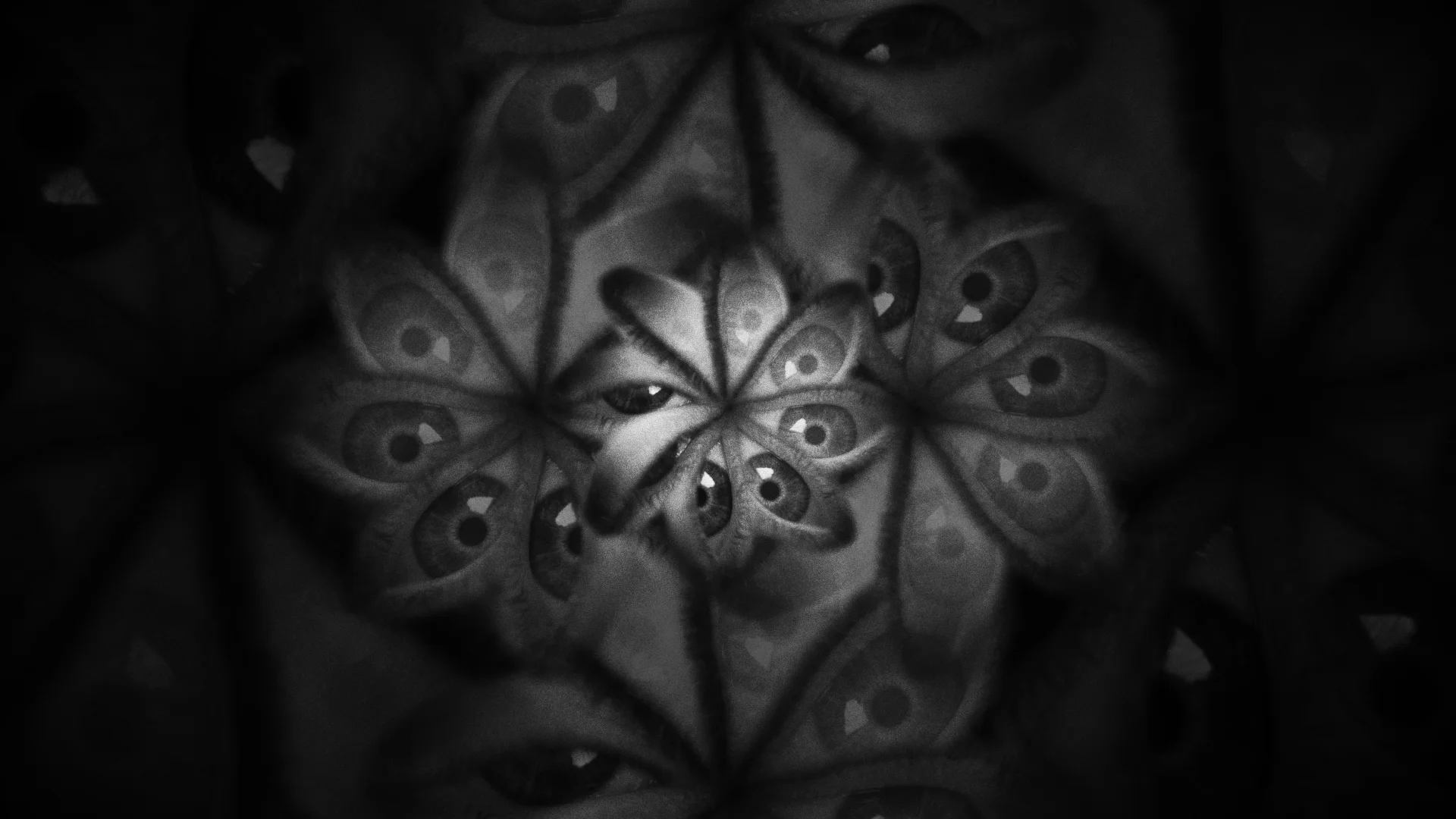
In the modernist utopia, art was conceived as an all-encompassing transformative force, reshaping how mankind perceives and inhabits the world. Today, it is technology that shakes reality to its foundations and redefines the very paradigms through which art speaks to its audience—or, as we might more fittingly call them now, its followers.
The exhibition UN/FRAMED emerges as an open and receptive lens onto the present, a reflection of the hyperconnected, immaterial landscape that characterizes our era. It is the telling of an ancient yet strikingly current story: the exuberant and turbulent marriage between art and science—and in this context, between art and technology.
“UN/FRAMED” means, literally, “without a frame,” and it captures precisely the spirit of those artistic movements that now traverse and stir the contemporary scene, making their way with boldness across the expansive terrain of today’s art. These are works that elude traditional classification by dimensions—by the old formula of height and width. Here, digital art occupies space and inhabits it, like a virus entering an organism and reshaping it to its will.
This new digital art is alive and vibrating, moving across space and time. It captures the viewer and draws them into a unique, tailor‑made scene, allowing them to become an active, integral part of the experience. The observer becomes a vital component of the work itself, immersed in a quantum interplay of relationships and sensory exchanges. The artist emerges as a sort of primitive demiurge, reshaping space with a shamanic, visionary creativity.
Where once it was thought that digital media was intrinsically cold, aseptic, and antithetical to the pulsation of the artistic process, this preconception has long been overturned. The explosion of digital languages and algorithmic tools available to contemporary creators has unlocked a new era of freedom and experimentation. Algorithmic art, artificial intelligence, and new media practices now form just a few examples of the fertile ground upon which the modern artist can operate.
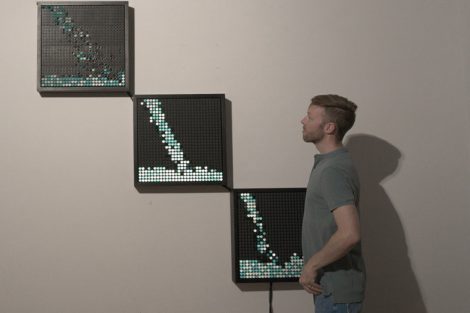
Throughout history, art has always reflected and reinterpreted its time, using the tools and ideas of its era and reshaping them into poetic language. Just as Canova molded marble, Merisi mastered oil and canvas, Warhol embraced the icons of consumer society, Mapplethorpe experimented with film, and Fontana reshaped space, so too does A.L. Crego — and no one should be scandalized by this bold comparison — utilize the GIF as an expressive and symbolic medium. It is both a synthesis and a paradigm of a new era, a marker of humankind’s journey towards a realm suspended between reality and imagination, advancing into the age of post‑humanism.
In the end, artists play and experiment, while viewers allow themselves to be enveloped by the ceaseless flow of data and sensory interactions. Yet the narrative is the same as it has been since the very beginnings of visual expression: the birth and diffusion of an artwork, an idea, a form, a vision. Art recounts and reveals, explains and transforms, speaking in a universal language that requires no interpreter.
UN/FRAMED is born in the heart of a land marked by the exploits of great painters and great scientists, not far from where Leonardo da Vinci came of age — a figure who, more than any other, combined the incongruous and the improbable: poetry and mathematics, reason and emotion, beauty and geometry, code and nature. This exhibition positions itself as the ideal continuation of that extraordinary narrative, a proof that a resonant poetry can arise from the interplay of numbers and data, and that it is possible to create art from the very tools society now embraces as its primary global means of communication.
Today, our world is accustomed to the digital experience of art. Most encounters and connections occur through screens and digital interfaces, within a cultural and human context that evolves towards a blended reality, enhanced and expanded by data and digital platforms.
UN/FRAMED reflects upon the complexity of our era — a paradoxical, hyperconnected society marked by isolation and unrest, suspended between the reckless overproduction of physical works and their unsustainable ecological toll. The exhibition proposes itself as a positive, forward‑thinking paradigm, envisioning low‑impact, low‑cost methods of presenting and sharing art. In doing so, it removes the need for international transportation and the waste of natural resources. It delivers a strong statement about the ethical dimension of digital platforms for creating and experiencing art, liberating it from the constraints of traditional displays and rituals that revolve around the materiality of artworks.
Today, the insistence upon physically touching and caressing the surface of an artwork risks appearing anachronistic, even elitist.
UN/FRAMED is the narrative of a world in flux — a world where young artists can experiment and build new, communal visions, free from the weight of residues and waste that have long burdened the memory and reality of future generations. Here, immaterial artworks find their path and their raison d’être, traveling lightly and boldly across the invisible highways of data and digital signals.
Here, connections are built and visions are shared, within the fluid, unpredictable space of a suspended reality — driven by the soft breath of a new era, shaping worlds invented, poems whispered, and delivered to the future.
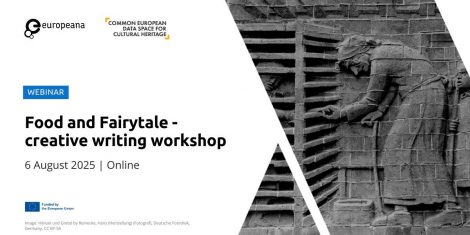


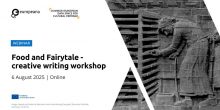
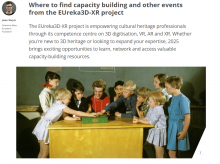
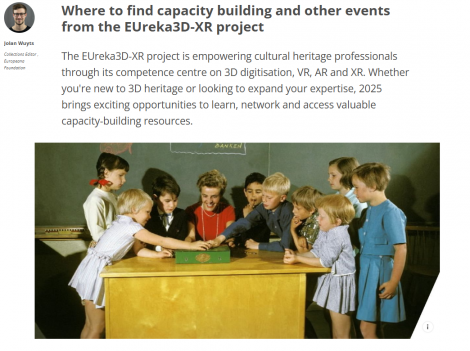 Discover the next appointments from EUreka3D projects: capacity building, conferences, formus and more are waiting for you!
Discover the next appointments from EUreka3D projects: capacity building, conferences, formus and more are waiting for you!
